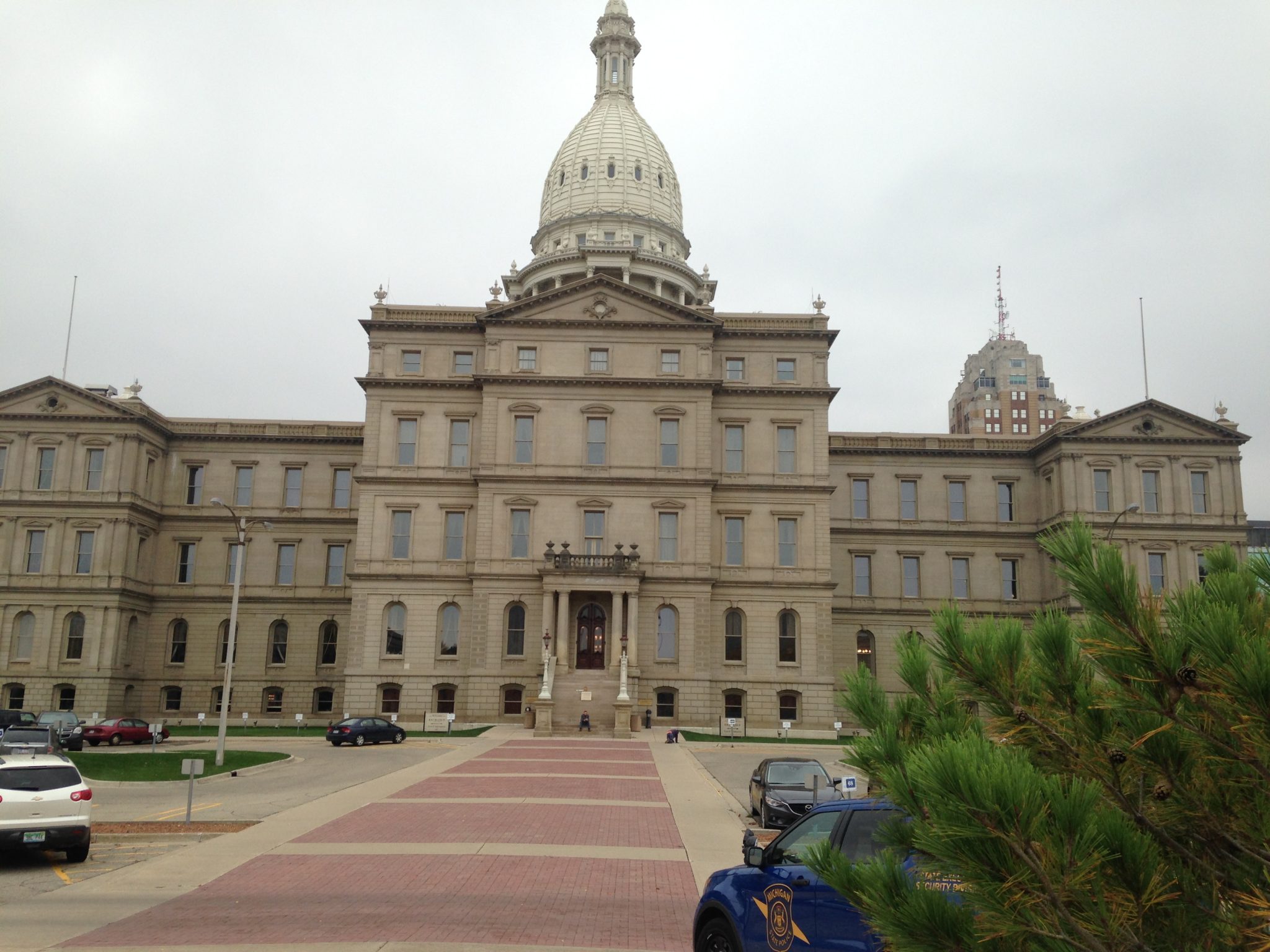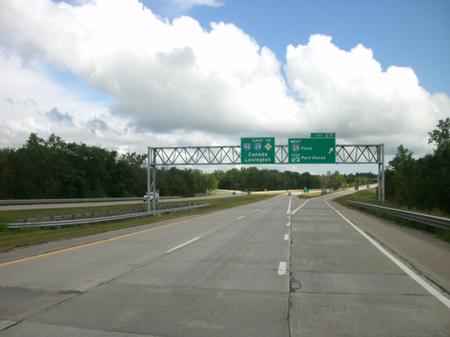Roads Plan From State House Surprises Lansing
Is the Republican plan for roads viable and will it clear the state Senate?


Detroit Today host Sandra Svoboda speaks with Michigan Public Radio’s Jake Neher about the roads plan that cleared the state House in a surprise late-night move in Lansing.
MPRN Capitol Bureau Chief Rick Pluta filed this report on the plan:
The state House met into the night to adopt a road-funding plan, but it seems that a final deal on paying for road repairs remains elusive. The billion-dollar package relies on new fuel taxes and vehicle fees. But half the money would also come from cutting other parts of the budget.
The votes for the bills came almost entirely from Republicans like state Representative Peter Pettalia (R-Presque Isle). He says the public is tired of the ongoing debate.
“They want their roads and bridges safe and they are looking to us to do it,” he said.
But Democrats, business leaders, and some Republicans say the House plan is a budget-buster that doesn’t provide the necessary money for road repairs, and threatens critical services.
“Michigan citizens don’t want to trade one pothole for another, and this plan does just that,” said state Representative Jeremy Moss (D-Southfield. “Michigan citizens demand a consistent, reliable stream of revenue that is not passed in the dark of night.”
The package now goes to the state Senate, which has adopted its own version of a roads plan. In fact, the House GOP action is largely a response to a throw-down from the Senate Republican leader.
This is a statement from House Speaker Kevin Cotter (R-Mt. Pleasant):
“This is the compromise that fixes our crumbling roads, meets in the
middle and covers almost every priority the House, Senate and governor
all said they wanted in a plan. Hopefully, we will see quick action on
this compromise and a permanent solution to Michigan’s road funding
crisis.”
Governor Rick Snyder’s spokesperson says he welcomes progress on the question, but has concerns about how it would affect the budget and critical services.

